- Home
- slideshows
- miscellaneous
- 4 drinks you consume every day that might raise your risk of cancer
4 drinks you consume every day that might raise your risk of cancer
We have a lot of evidence that drinking alcohol contributes to more cancer cases.

Plenty of people live to a ripe old age while drinking alcohol regularly. But that doesn't mean the behavior is risk-free.
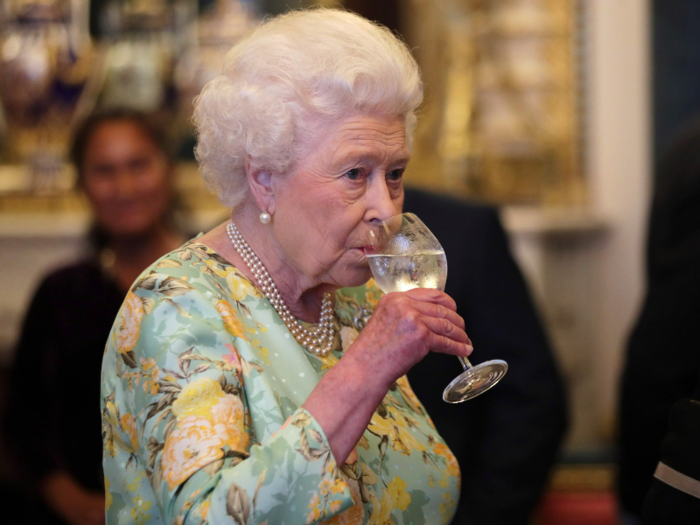
In England, 92 year old Queen Elizabeth II reportedly enjoys wine with her lunch and sips champagne before bed on a regular basis. Across the Atlantic in Pennsylvania, 101 year old Andrew Slavonic says downing a can of Coors Light every afternoon has been his golden ticket to living past 100.
There is some evidence a moderate amount of booze (say, one drink per day) can help protect against some health conditions, notably heart disease and diabetes. But there are underlying genetic differences that make some people more likely to develop deadly diseases, while others don't.
In France, where people drink on average 2.7 glasses of alcohol a day, alcohol kills roughly 49,000 people every year. Health officials in the wine-loving country are now encouraging French people to drink less.
Alcohol is alcohol, and it's not great for our bodies in big doses, whether it's a big glass of Côtes du Rhône, a snifter filled with Cognac, or bottles of Corona.
Sugar-filled drinks can also be dangerous. Not only is sugar linked to more cancer cases, there's also some evidence it can help fuel tumors to grow faster and more aggressively.
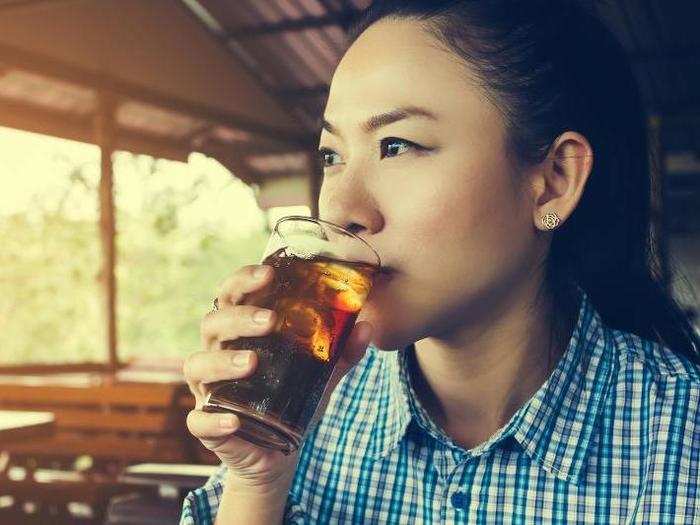
A recent 34-year study of more than 118,000 men and women across the US suggested that people who drink more sugar-sweetened beverages are more likely to die from all sorts of things, including breast and colon cancer.
It's an especially bad idea to drink sugar because liquid sweets are absorbed and digested very quickly in the body.
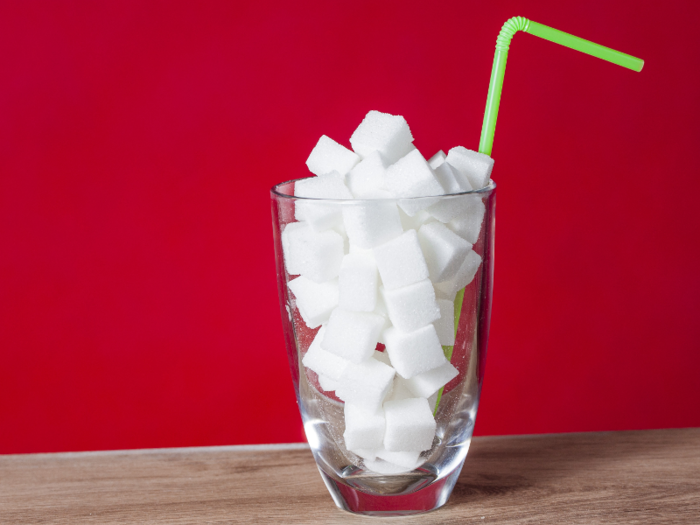
When we drink sugar from beverages like juice or soda, fructose rushes into the liver, unabated by key nutrients like fiber that slow down digestion and help us feel full and satiated.
"You just end up consuming more calories per day, and it leads to weight gain over time," Vasanti Malik, a research scientist from the Department of Nutrition in the Harvard T. H. Chan School of Public Health recently told Business Insider.
That weight gain can prompt obesity-related cancers, including breast and colon cancers.
It's especially troubling when you consider that cancer also loves to use sugar as fuel. More research on this phenomenon in humans is still needed, but lab studies in mice and yeast both suggest that sugar can essentially feed cancerous tumors, stimulating them to grow quickly and aggressively.
Hot beverages that are served at near-boiling temperatures can also up a person's risk of developing cancer in the tube that moves food and drinks from our mouths to our stomachs.
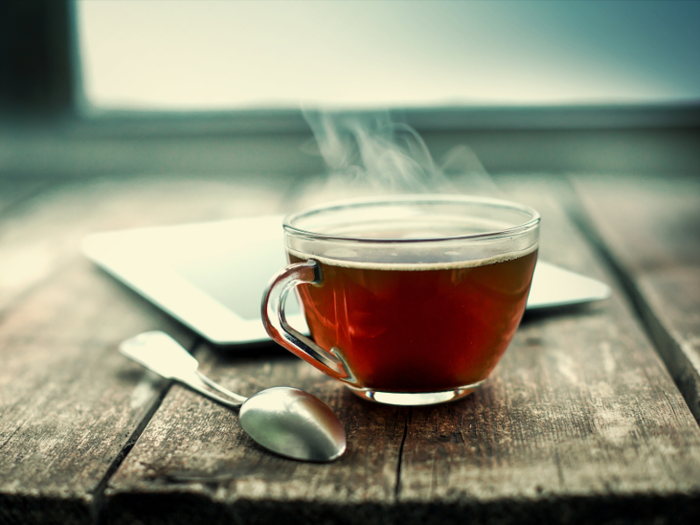
Scientists have discovered that people who drink super-steamy maté, which is traditionally served searingly hot in chillier areas of Argentina, have some higher rates of esophageal cancer. Drinking alcohol and smoking can compound that risk.
The risks aren't unique to South America.
In one recent study, people in northeastern Iran who drink two cups of very hot tea every day likewise nearly doubled their risk of developing esophageal cancer, when compared to Iranians who waited for their brew to chill.
Fortunately, scientists have discovered the esophageal cancer risk from hot beverages is relatively small. In the Iranian study, it amounted to about 17 extra cases per 100,000 people. It is also fairly easy to avoid drinking things that are too hot to handle.
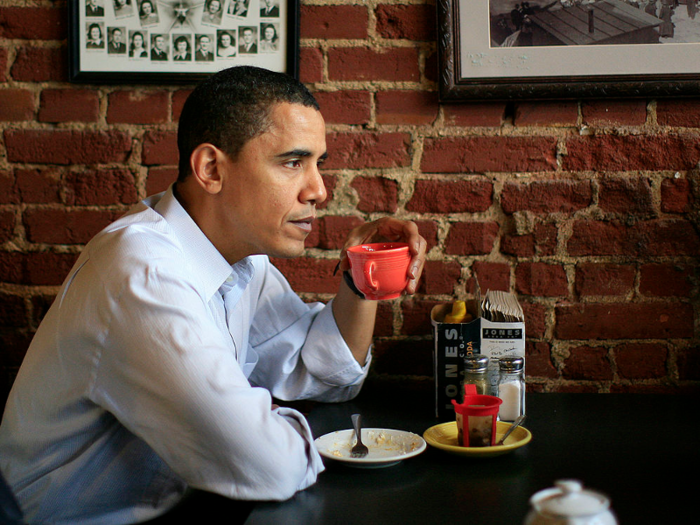
Be kind to your tongue and to your esophagus and simply wait a few minutes before you enjoy your cup of tea, coffee, or maté.
People have also been increasingly worried about the cancer risks of coffee. But the cancer connection here is tenuous, at best.
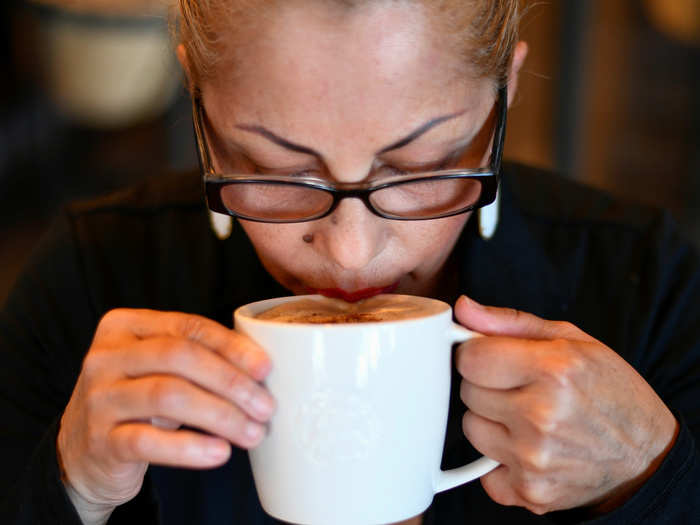
Coffee roasting produces a chemical compound called acrylamide.
Acrylamide is dangerous when it's consumed in large doses (it's one of the toxic chemicals that smokers inhale) but there's no evidence that the tiny dose found in coffee is harmful for our bodies.
Though a California judged ruled in 2018 that coffee sellers in that state must include labels warning customers about the possible cancer risks from acrylamide in coffee, health experts aren't convinced the rule is based on the best science.
The California Office of Environmental Health Hazard Assessment (OEHHA) is challenging the law, arguing there's not enough evidence that coffee causes cancer. The US Food and Drug Administration agrees, and said a cancer warning on coffee is more likely to confuse and mislead consumers than help them out.
What's more, both the International Agency for Research on Cancer and The American Cancer Society say scientific research suggests coffee is more likely a cancer-fighter, as it can reduce people's risk of developing certain cancers in the breast, liver, and colon.
Coffee also has a lot of other health benefits attached to it, especially when it comes to our aging hearts.
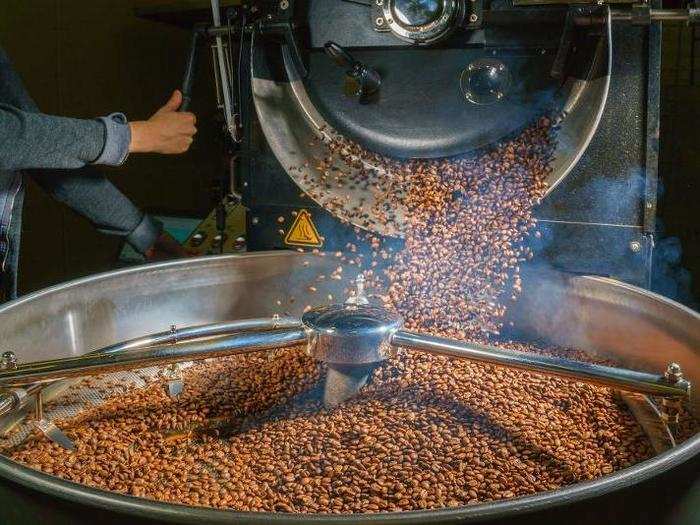
It's the one drink on this list that's arguably safe to continue drinking as much as you like.
A team of German researchers who recently studied how caffeine impacts the way cells in blood vessels perform suggests that around four cups of coffee a day might just be the perfect amount to maintain a healthy, youthful heart.
It's clear from the research to date that sugar and alcohol are by far more dangerous.
Brew on, my caffeine-loving friends.
- Read more:
- There's even more evidence that drinking lots of soda and sugar-filled coffee could lead to an early death
- 33 of the most dangerous things science has strongly linked to cancer
- The most buzzed-about science findings of 2018 warned of a 'Hothouse Earth' and the dangers of alcohol. Here’s the full list.
- 39 delicious foods that are linked to a lower risk of cancer
Popular Right Now
Advertisement